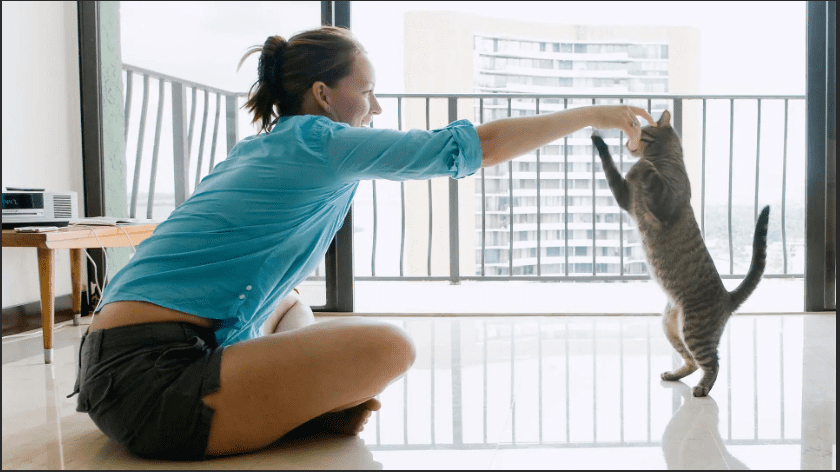9-Don’t Feed Your Cat Too Much Dry Food:

Keeping our beloved cats healthy, happy and satisfied requires an understanding of their dietary needs. A balanced diet for cats looks a lot different than for dogs because they must have animal protein to remain healthy. Feeding them wet food can help ensure that cats don’t develop diabetes or become obese as a result of too many carbohydrates. Now that you know this important information about your feline friend, make sure to give them the proper nutrition they need. If you have both cats and dogs in your home, be sure to keep their meals separate as dogs will not gain any benefits from eating cat food – and it’s potentially dangerous for them! Take a few minutes today to fill up your cat’s bowl with some fresh wet food, investigate several brands if you need guidance on selection, and watch your kitty get the nourishment it needs.
8-Cats Need Daily Dental Care for Comfort:

Ultimately, caring for your cat’s dental health should be integrated into their overall healthcare plan to keep them healthy and comfortable. Regular home brushing of your cat’s teeth is essential for good dental hygiene and health. However, no matter how diligent you are, regular veterinary exams are still necessary to ensure that your cat’s mouth stays clear of any hidden problems. The peace of mind that comes with knowing all is well with your cat is worth the extra effort! If you have further questions on how to go about taking the best possible care of your cat’s dental health, please contact a professional pet care provider as soon as possible. With proper care and attention, you can provide your beloved feline friend with a life full of happiness and optimal wellness!
7-Pay Attention to Your Cat’s Thirst:

Feline friends require special attention when it comes to hydration, and as pet parents it’s up to us to ensure that they get the water they need. Some cats may naturally drink more if their primary source of nutrition is dry food, but all cats should have at least one source of fresh clean water available on a daily basis. Don’t panic if you notice your cat isn’t drinking as much as usual; just keep an eye out for any signs of dehydration or increasing urine output. If your cat falls into either of these categories, speak with your veterinarian — sooner rather than later as this can be a very serious medical emergency. Shares this knowledge by talking to other pet owners and work together to spread awareness about feline hydration!
Open the next page to read more:

